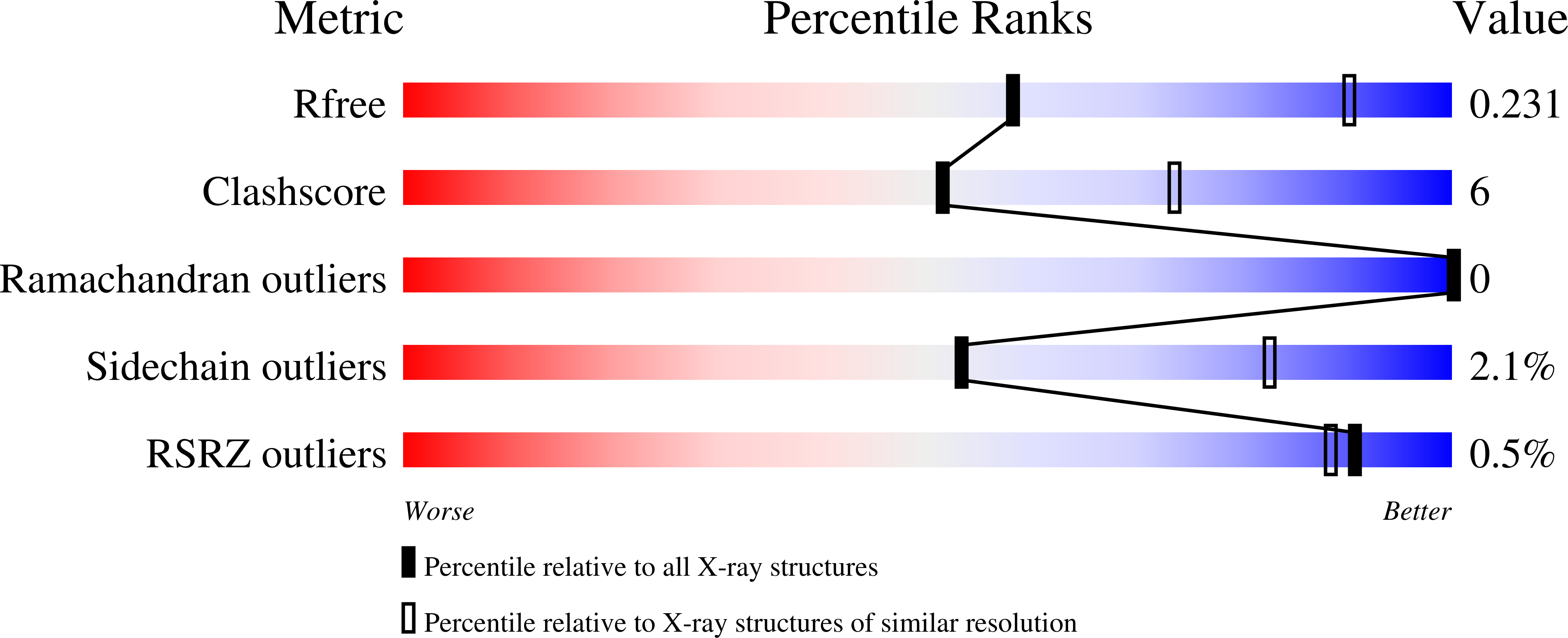
Deposition Date
2021-07-12
Release Date
2022-07-27
Last Version Date
2024-11-13
Entry Detail
PDB ID:
7RE8
Keywords:
Title:
Class I MHC (HLA-A*02) presenting alpha fetoprotein peptide (AFP)
Biological Source:
Source Organism(s):
Homo sapiens (Taxon ID: 9606)
Expression System(s):
Method Details:
Experimental Method:
Resolution:
2.82 Å
R-Value Free:
0.23
R-Value Work:
0.18
R-Value Observed:
0.19
Space Group:
P 1 21 1


